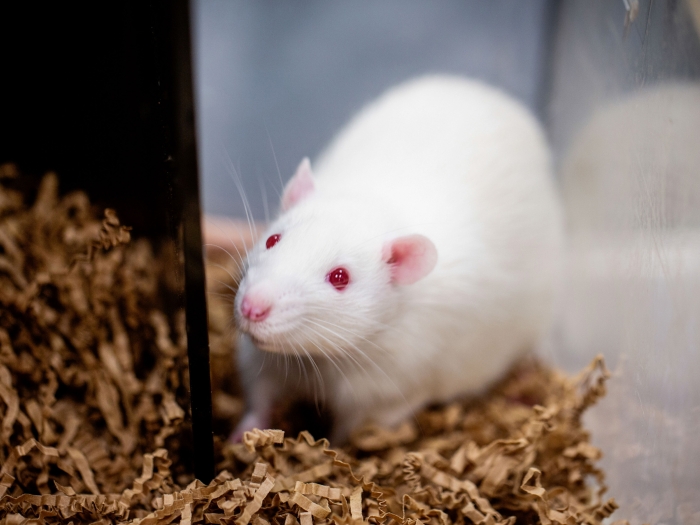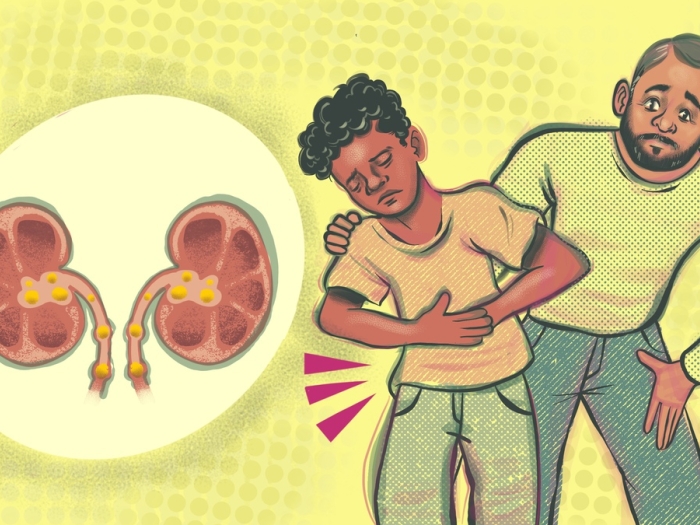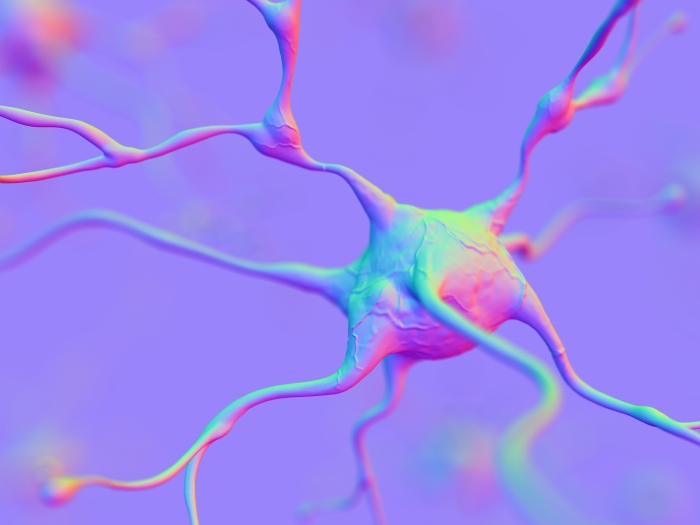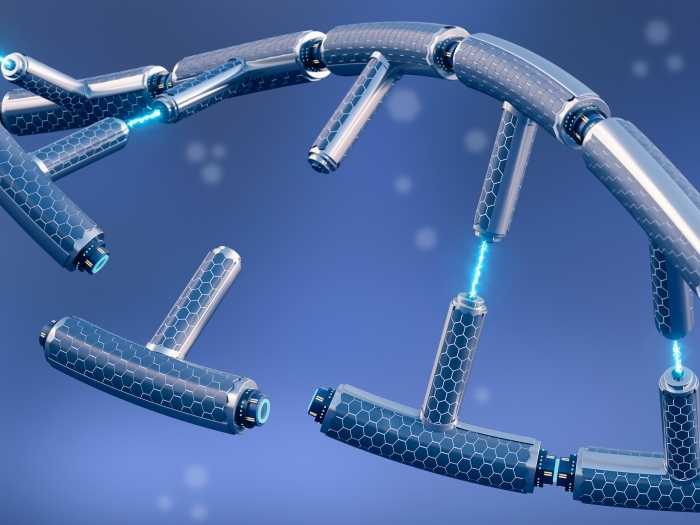Showing 1-15 of 26 results

Health Lab
Experts in brain cancer outline current discoveries and offer a path of hope for glioblastoma treatment

Health Lab
A new urine-based test addresses a major problem in prostate cancer: how to separate the slow growing form of the disease unlikely to cause harm from more aggressive cancer that needs immediate treatment.

Health Lab
New map of the ovary provides a deeper understanding of how oocytes interact with the surrounding cells during the normal maturation process, and how the function of the follicles may break down in aging or fertility related diseases.

Health Lab
A recent U-M study uncovers a pathway utilized during normal wound healing that has the potential to reverse idiopathic pulmonary fibrosis.

Health Lab
Telehealth study of patient portal e-visits by Medicare participants shows few had an interaction for which their provider billed them.

Health Lab
At-home test can detect tumor DNA fragments in urine samples, providing a non-invasive alternative to traditional blood-based biomarker tests

Health Lab
An updated rat reference provides more accuracy for research; could help researchers using rat models for the study of DNA, RNA, evolution, or genes linked to disease risks

Department News
New website to help adolescents with disabilities learn about reproductive health.
Health Lab
Using a chip to process blood samples, doctors can monitor the amount of cancer cells in a patient’s blood to determine how well a treatment is working by the fourth week, according to a new study.

Health Lab
Cases of kidney stones in children are increasing, but parents can minimize the chances their kids develop them.

Health Lab
A new study links two autism-associated genes together for the first time, potentially revealing a mechanism behind brain changes seen in people with autism.

Health Lab
Recently approved by the Food and Drug Administration, Pluvicto is a radionuclide-labelled drug administered to patients showing promising results.

Health Lab
A Michigan Medicine urogynecologist discusses what urinary tract infections are, how they are treated and what new research is on the horizon.

Health Lab
Findings from researchers at the University of Michigan Health Rogel Cancer Center, published in Cancer Discovery, show how a specific nucleotide metabolite called GTP controls responses to radiation and chemotherapy in an unexpected way.